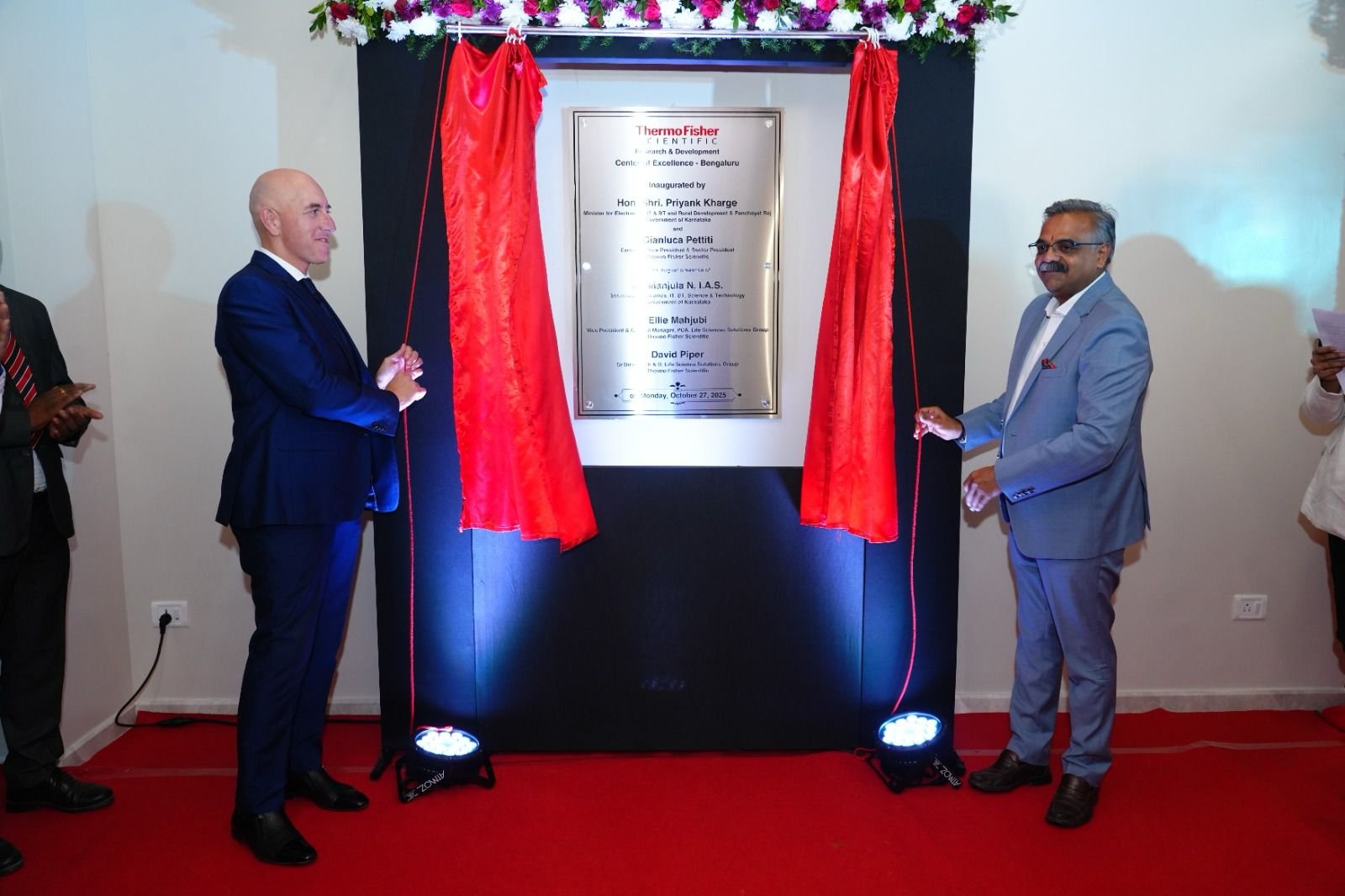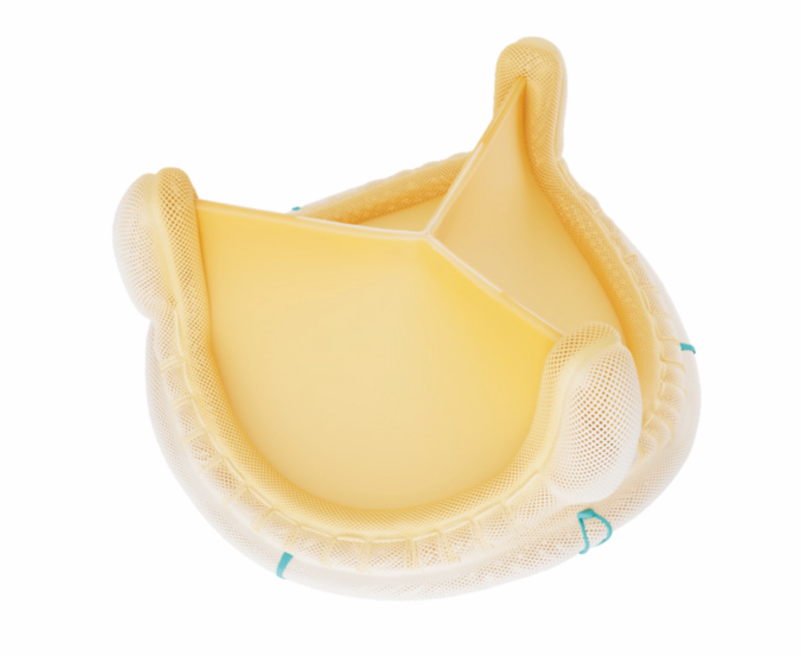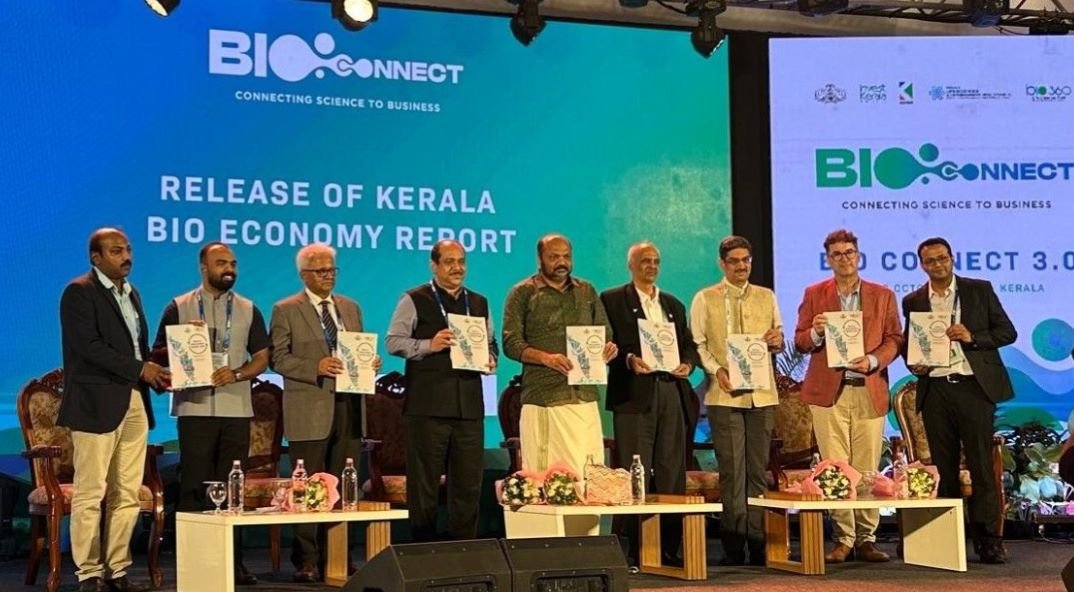1 in 3 young adults in Delhi show early lung damage: Study
June 23, 2025 | Monday | News
Findings reiterate the need for greater public health focus on respiratory wellness
image credit- shutterstock
A recent internal review by Mahajan Imaging & Labs has revealed a growing number of young adults in Delhi and surrounding areas showing signs of chronic lung abnormalities during routine CT chest scans.
Based on an analysis of over 4,000 scans conducted in 2024, nearly 29% of individuals exhibited significant structural changes in the lungs, such as bronchiectasis, emphysema, fibrosis, and bronchial wall thickening.
While the causes of these conditions are multifactorial, ranging from infections and environmental pollution to lifestyle choices such as smoking or vaping, the data points to an increasing prevalence of early-stage lung changes in individuals as young as their 20s and 30s.
The Mahajan Imaging & Labs team emphasises that this is not a formal study but an observational insight drawn from routine diagnostic reporting. While definitive causality cannot be assigned, the presence of such patterns in a relatively younger cohort is concerning. Importantly, when common infections and tumor-related cases are excluded, the proportion of scans showing structural damage appears even more significant.
Experts believe this trend mirrors a broader health challenge in urban India, where environmental stressors, combined with personal habits like smoking, exposure to indoor air pollutants, and delayed diagnosis of respiratory conditions, may be contributing to deteriorating lung health.
Taking a global reference, lung damage in Brazilian youth is a significant public health concern, particularly due to factors like chronic respiratory diseases, respiratory infections, and environmental factors.
The findings reiterate the need for greater public health focus on respiratory wellness, comprehensive lung screening, and awareness of the cumulative impact of multiple environmental and lifestyle-related factors.









